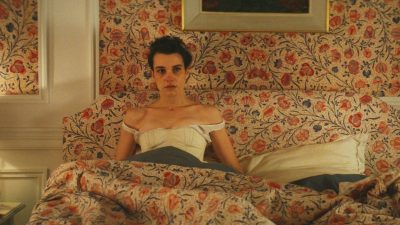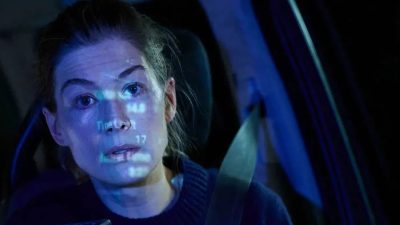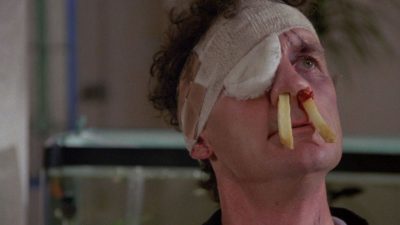The premiere of Don Giovanni happened 233 years ago. Lorenzo da Ponte, librettist of the opera noted that the emperor said afterwards:
“An enchanting opera. Might be even better than the Figaro. But my Viennese don’t like this kind of music.”
When Mozart heard this, he responded that the Viennese should have more time to process the music. But even he wouldn’t have guessed that more than two decades later, its performance will include illusionist tricks, and Don Giovanni will appear as a wizard. We asked internationally renowned bass baritone Péter Kálmán about the upcoming show in the Müpa on 4 September.
Will you really perform magician’s tricks on stage? How did you react when you first heard about this idea? Isn’t it more difficult to concentrate on singing like that?
Yes, I will perform tricks. Most famous illusionist of Hungary, Anikó Ungár, taught us how to do them, and we will use real magician tools. But it is designed in a way to not disturb singing. Otherwise, I wouldn’t mind it interfering with the singing, as I believe that not the sound itself is important, but the whole feeling that we evoke in the audience. I like unusual characters. It would be harder to play Don Giovanni if he was a sentimental, loving man. Director András Hábetler and myself are childhood friends, so he tailored the character of Don Giovanni to match my personality. He as a wizard is a progressive way of showing him. So this is a well-directed production with a bare minimum of scenery and tools. András Hábetler did a very well-reflected job.
Last year, a reviewer compared your Don Giovanni to Cipolla.
We performed the piece at a festival in Sárospatak, and that’s what we updated now to be played in the Müpa. Yes, I also think Don Giovanni is like Cipolla. I played both roles and they are both great. Cipolla also tries to enchant people, with more or less success.
I recall András Hábetler saying that Mozart’s music is the biggest proof for the existence of God.
I agree with him. What the young Mozart wrote down without corrections is a miracle. Recently I played in La Clemenza di Tito at the Salzburger Festspiele, but nowadays I sing less Mozart than before. I think I played in every Mozart opera already. These days, I do comic operas by Rossini and Donizetti, and also some Wagner stuff, but they both need different techniques. Usually singers start with Mozart roles. For some, it is for a lifetime, and for others, it’s a phase which we like to get back to sometimes. Mozart is not easy to sing, though. One needs to concentrate a lot.
You sing Mozart and Wagner, although they are two completely different worlds.
Opera agents and directors find it incredible to do both. I think the role of Alberich is written for me, it’s a character role, and shows that Wagner can be sung other than the stereotypical “shouting” way. I am lucky to have a huge voice range. Acting helps to balance between the high and deep ranges. The downside is that I cannot be labelled by casting crews easily. But if someone has heard me singing already, they can know how many things I am capable of. That makes them understand how I can do Mozart and Wagner as the same person. It is all by chance, though.
Has the team behind this show worked together a lot?
We have sung together many times, but it’s also because opera singers in Hungary are a small group. Everyone knows everyone from various performances. My colleagues in this performance are all fantastic singers with many strengths and good qualities. I love to sing with Beatrix Fodor. This is my first joint work with Adrienn Miksch, but it’s a great experience. Csaba Sándor is a wonderful Masetto with fine technique, voice and acting. János Szerekován sings the otherwise difficult role of Don Ottavio very well. I am extremely happy about Krisztián Cser with whom we inspire each other very well.
Are you excited to stand in front of a real audience again?
A show is three quarters created by the audience, as we artists build everything from what we get in real time. There might be a concept plan, but it can only work if the audience responds well. A response from the audience can change the whole performance. When singing to a camera, one can only play their own and the director’s ideas, but that’s never the same to a breathing, reacting audience. The real-time miracle is what makes people go and watch operas, and then go home with a lovely experience. That’s what we work on. Because artists and the audience simply need each other.
You can get your tickets here!
Article: Anna Rácz
Translation: Zsófia Hacsek

























Comments